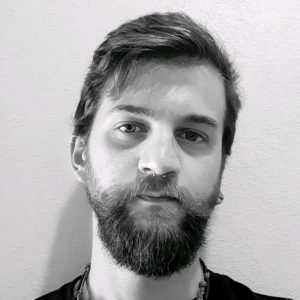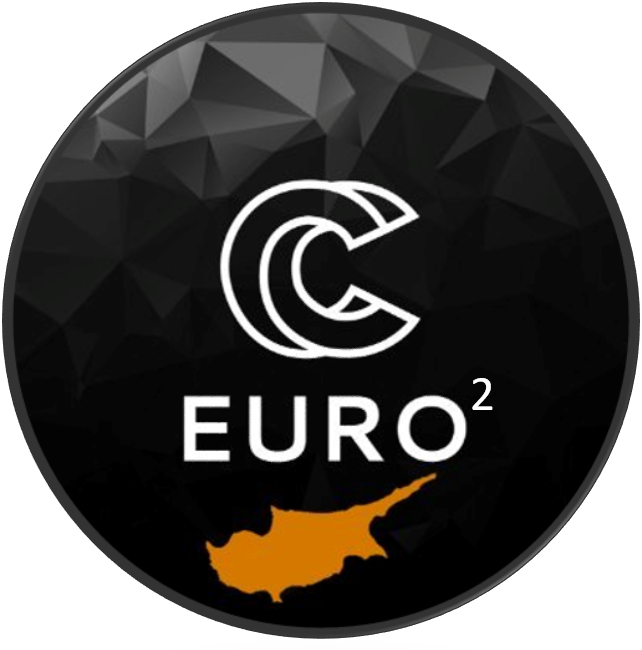
Date: Wednesday, July 23rd, 2025, 10:00-14:00, Cyprus time
Venue: This training event is held as a hybrid event. You are welcome to join us at the Andreas Mouskos Seminar Room, The Cyprus Institute. Otherwise please, connect to our live stream of the discussion, available on Zoom (Password: VsSCz1)
Language: English
Registration: Registration for this event is open until Monday, July 21, 2025. Registration form here.
Pre-requisites: Attendees should be familiar with Python. Hands on exercises are part of the training and will be provided in Python.
Requirements: Attendees should bring with them their own laptop (with Administrative privileges) to follow the hands-on practical. To actively participate in this hands-on session, you will need an OpenAI API key. Alternatively, you may simply follow along with the instructor.
Github Link: https://tinyurl.com/bd53yjvy
Agenda
10:00-11:15
Dr. Valeria Filippou
Agentic AI: Core Concepts, Architectures, and Best Practices
This session introduces the foundational concepts behind Agentic AI and how it differs from traditional AI systems. We will explore how modern agents are built using Large Language Models (LLMs), covering classical agent types (reactive, deliberative, cognitive) and how these concepts translate into today’s LLM-powered multi-agent systems (MAS).
Key topics include:
- Agent architectures and behavioral design patterns
- Real-world examples from industry
- Human-AI collaboration principles
- Ethical and responsible design practices for autonomous agents
By the end of the session, you will have a clear, practical framework for understanding and designing self-hosted, LLM-based AI agents capable of reasoning, acting, and collaborating.
Break
11:30-12:30
Dr. Valeria Filippou
Hands-On: Building AI Agents with CrewAI and AutoGen
This interactive session covers the practical side of building LLM-based agents, using two popular open-source frameworks: CrewAI and AutoGen. We will cover:
- The core components and architecture of each framework
- How to define agents, tools, memory, and plans
- Tips and best practices from real-world use cases
- Guided exercises to build your own working multi-agent setup
By the end of this session, you will walk away with hands-on experience creating and orchestrating AI agents across different frameworks.
To actively participate in this hands-on session, you will need an OpenAI API key. Alternatively, you may simply follow along with the instructor.
Break
13:00-14:00
Mr Marios Constantinou
Hands-On: A first introduction to RAG systems
This workshop provides an accessible introduction to Retrieval-Augmented Generation (RAG) systems, beginning with a concise theoretical overview and transitioning into a hands-on session using a curated series of Jupyter notebooks. Participants will engage with 3–4 pre-built RAG pipelines that increase in complexity—starting with a basic retrieval-generation setup and progressing to enhancements such as reranking, prompt rephrasing, and other advanced techniques. No coding experience is required; each notebook is designed to guide participants through key concepts by allowing them to adjust parameters and observe how different design choices influence system behavior and output quality.
Key Takeaways:
- Understand the foundational principles behind Retrieval-Augmented Generation (RAG) systems.
- Explore how modifications to components like retrievers, re-rankers, and prompt strategies impact performance.
- Work through a sequence of progressively advanced RAG pipelines via interactive Jupyter notebooks.
- Compare outputs across configurations to critically assess effectiveness and practical trade-offs.
- Gain hands-on experience with modern RAG techniques without needing programming skills.
To actively participate in this hands-on session, you will need an OpenAI API key. Alternatively, you may simply follow along with the instructor.
About the speaker:

Dr. Valeria Filippou is a Research Engineer at the Computation-based Science and Technology Research Center (CaSToRC) of The Cyprus Institute, where she contributes to the GenAI4ED project. She holds an MEng in Medical Engineering (2016) from the University of Leeds, where she also earned an MSc in Tissue Engineering and Regenerative Medicine, followed by a PhD in Medical Engineering. Her doctoral research focused on machine learning, signal processing, and wearable technologies.
Valeria has applied her interdisciplinary expertise across a range of sectors, including financial services, healthcare, and environmental monitoring. Her work includes the development of credit risk models, medical diagnostic algorithms, and AI-powered data privacy solutions. She has also provided consultancy on large language models (LLMs), data extraction, and retrieval-augmented generation (RAG) systems.
Her current research focuses on the development of multi-agent systems, with a particular interest in their application to real-world challenges.

Marios Constantinou holds a bachelor’s degree in Computer Science from the Ionian University in Corfu, Greece. His professional expertise centers on Computer Vision and deep learning, with significant experience in object detection, segmentation, and classification. He is also well-versed in Large Language Models (LLMs), including fine-tuning, model serving, Retrieval-Augmented Generation (RAG), and designing end-to-end MLOps pipelines. His work often involves deploying machine learning systems in real-world settings, including drone-based applications and small object detection. Currently a Research Software Engineer at The Cyprus Institute, he focuses on High Performance Computing (HPC), High Performance Data Analytics (HPDA), and large-scale machine learning projects, while supporting academic and industrial stakeholders in computational skill development. Passionate about innovation, he combines technical expertise and research to tackle complex challenges.
